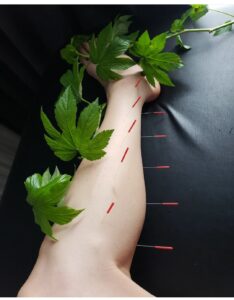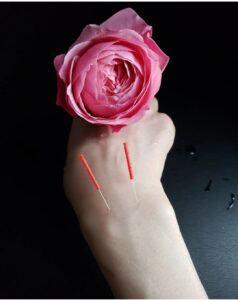梅雨時期 痛風
Gout in rainy season
痛風は生活習慣病の一種で、血液中の尿酸という成分が高くなり、血液中に留まれずに、関節の中に、この尿酸が、結晶という余分な形でとどまり、炎症を来たして、関節の腫れ痛みが生じます。暑くなりかけの、梅雨の時期は痛風が起こりやすいと言われています。水分摂取は真夏だと意識しますが、この暑くなりかけの時期だと、人によっては、以外にのどの渇いた感が少なくて、実際にはカラダの表面から水分が結構蒸発をしていて、体内の水分が不足してても、それに見合った充分な水分の摂取をしていなくて、脱水気味になるため痛風がおこりやすくなるのではないかと言われています。痛風というと問題視されるのがプリン体ですが、プリン体は痛風を誘発する悪者だと思われやすいですが、遺伝子をつかさどるDNAの半分はプリン体からできているそうです。DNA 命の源ともいえるプリン体も、とり過ぎは要注意です。プリン体は分解されると最終的に尿酸になり、腎臓から尿として排出されます。プリン体のとり過ぎや、尿酸の産生量の増加、尿酸の排せつ量の減少が起こると、血液中の尿酸値が上がり、高尿酸血症となり痛風になりやすくなります。高尿酸血症は、血清尿酸値が7.0mg/dLを超えた状態で、この状態が長く続くと痛風の原因となります。尿酸値が増える要因としては、プリン体のとり過ぎ、筋トレなどの激しい無酸素運動、糖類のとり過ぎ、ストレス、薬剤の影響などが原因となります。また、尿酸の排出量減少の要因には、メタボリックシンドローム、内臓脂肪の蓄積、飲酒、絶食、脱水などがあります。これが、生活習慣病と言われているゆえんです。暑い日に汗をかいて脱水になると尿酸値が上がります。その上、プリン体を多く含むビールをぐいっと晩酌に飲めば、尿酸値はさらに上昇します。そのため夏に痛風の発作が増えると言われています。尿酸値には女性ホルモンが関係しており、女性の痛風は男性に比較すると発症は少なくなります
Gout is a type of lifestyle-related disease in which the uric acid in the blood becomes too high to remain in the blood, and the excess uric acid, in the form of crystals, stays in the joints, causing inflammation, swelling, and pain in the joints. It is said that gout is more likely to occur during the rainy season, when the weather is just beginning to heat up. However, during this hot period, some people do not feel thirsty, and in fact, a large amount of water evaporates from the surface of the body, so even if the body is lacking in water, the body does not take in enough water to match the water intake, resulting in dehydration. This may cause dehydration, which in turn makes gout more likely to occur. However, it is said that half of the DNA that controls genes is made up of purines, and one should be careful not to consume too much purines, which are the source of DNA life. When purines are broken down, they eventually turn into uric acid, which is excreted through the kidneys as urine. Excessive purine intake, increased production of uric acid, and decreased elimination of uric acid can lead to an increase in blood uric acid levels, resulting in hyperuricemia, which can lead to gout. Hyperuricemia is a condition in which the serum uric acid level exceeds 7.0 mg/dL, and if this condition persists for a long time, it can cause gout. Factors that increase uric acid levels include excessive purine intake, intense anaerobic exercise such as muscle training, excessive sugar intake, stress, and the effects of medications. Factors that decrease uric acid elimination include metabolic syndrome, accumulation of visceral fat, alcohol consumption, fasting, and dehydration. This is why they are called lifestyle-related diseases. Sweating and dehydration on a hot day increases uric acid levels. On top of this, drinking beer, which contains a lot of purine, in the evening will further increase uric acid levels. This is why gout attacks are said to increase in summer. (Uric acid levels are related to female hormones, and gout in women is less likely to occur than in men.
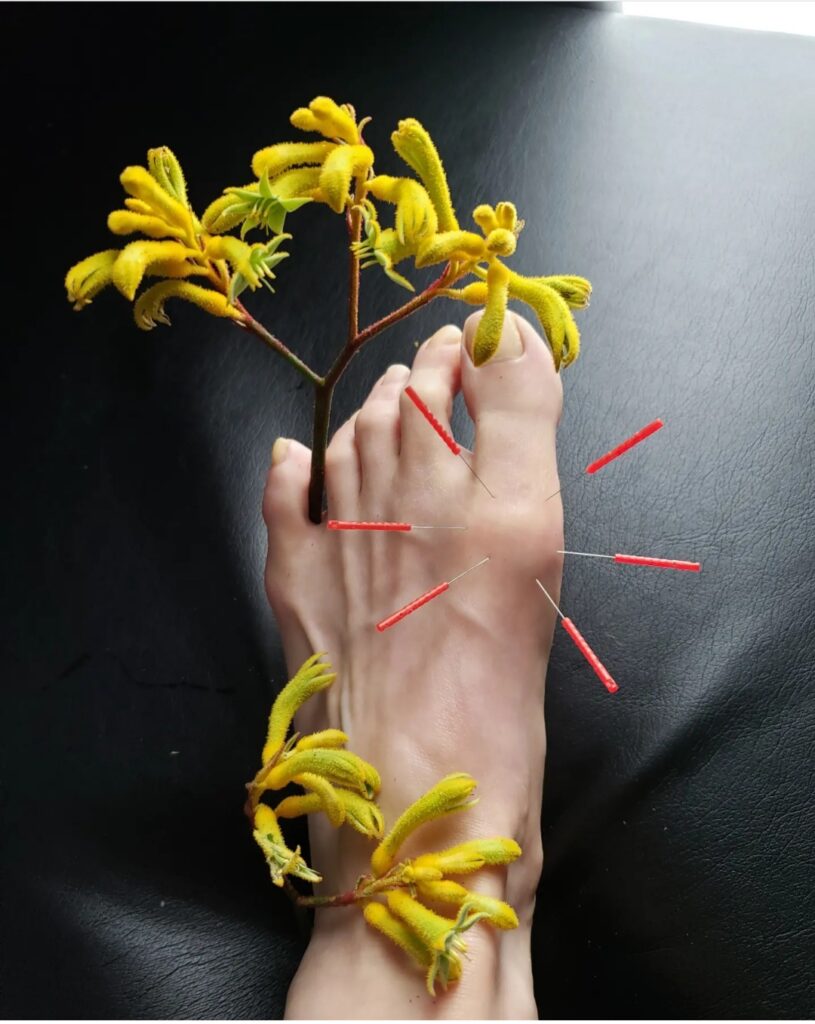
#痛風発作 #尿酸値 #fatloss #fat
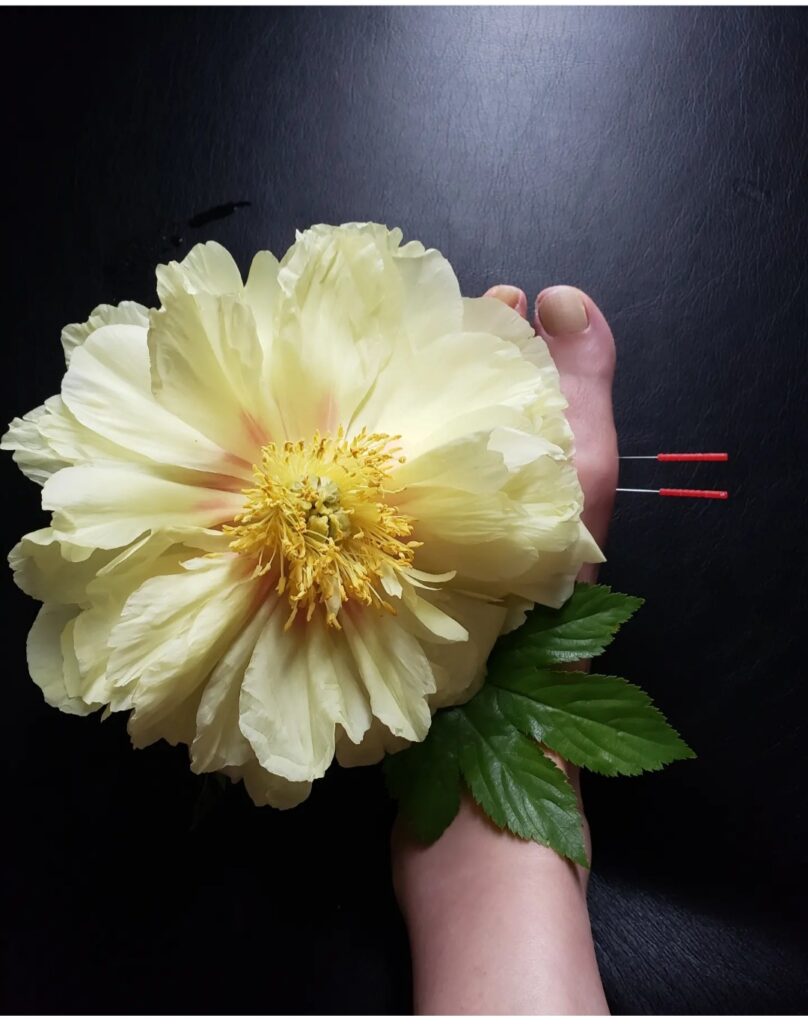
#痛風 #痛風発作 #芍薬 #中醫
#針灸 #糖尿 #糖尿病
#gout #gouter #gota #goutte #goutattack
#acupuncture #chinesemedicine #footpain #diabete #diabetesawareness
#diabetestipo1 #diabetestipo2 #diabète
#chef #obesity #obesidade #obesidade
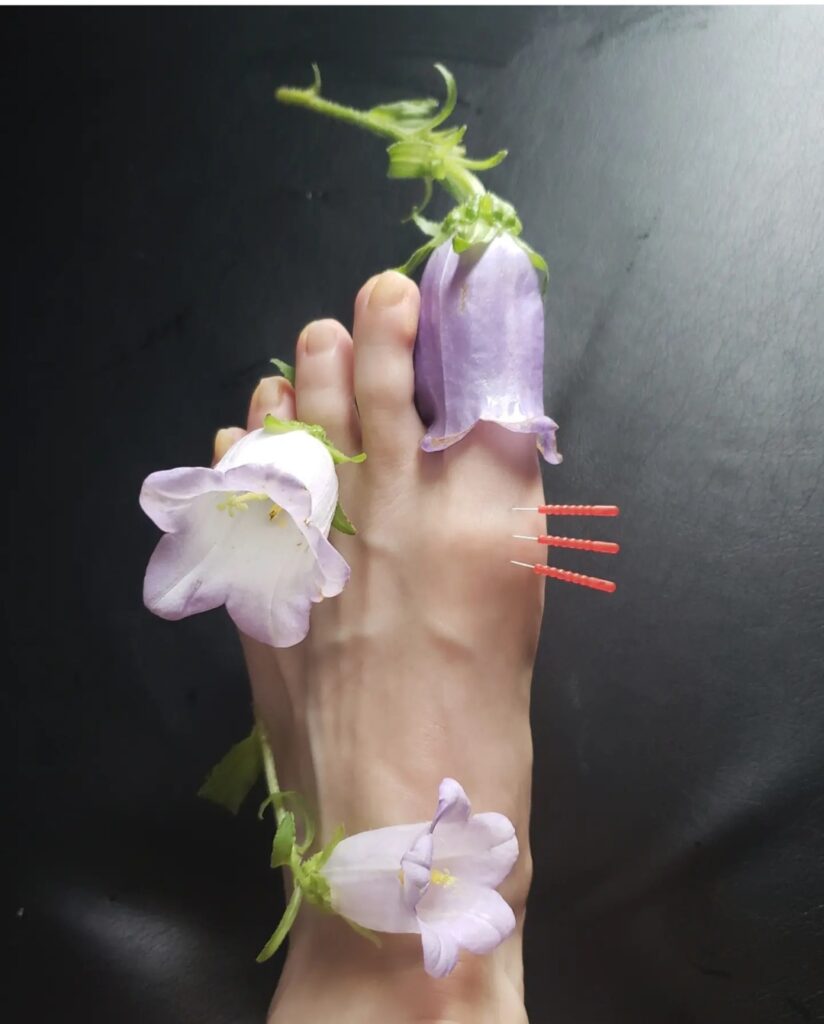
#痛風 #gota #gotta #goutte #プリン体
#gouter #gout #goutattack #痛風発作
#痛風予備軍 #中醫 #針灸 #尿酸値 #尿酸
#acupuncture #chinesemedicine #footpain #athelete #糖尿 #糖尿病 #diabetes #diabetesawareness #diabetestipo2 #diabetestipo1 #diabète #chef #fat #loseweight #alcohol #weightloss #chef

